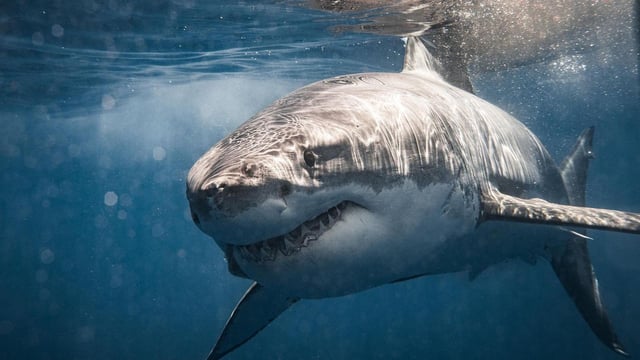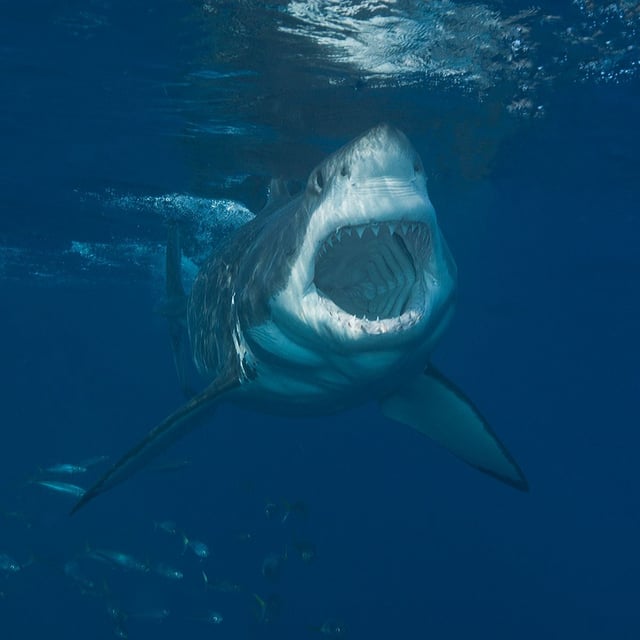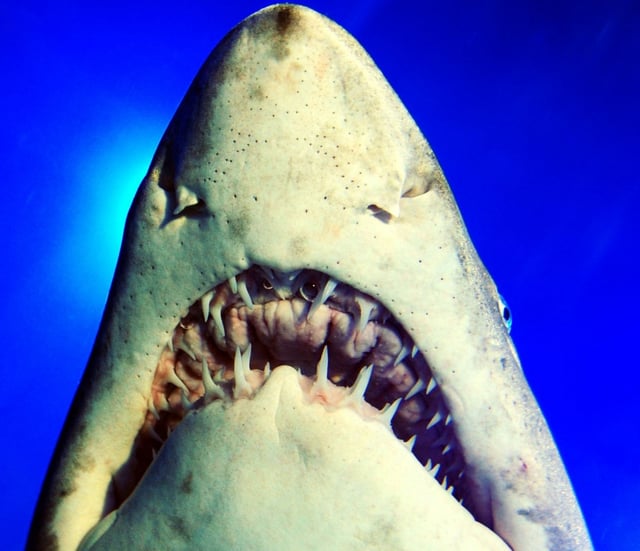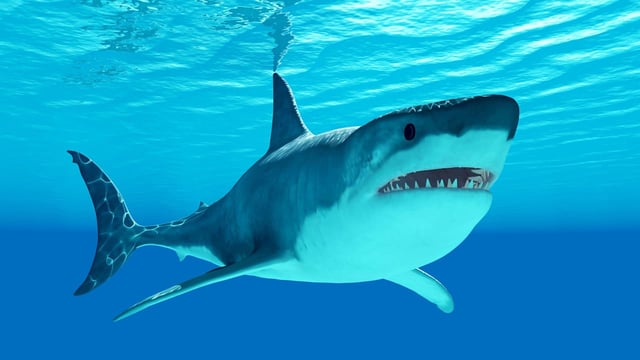Overview
- Researchers at Heinrich-Heine-Universität Düsseldorf reported the findings on August 27 in Frontiers in Marine Science.
- Teeth exposed for eight weeks to water at pH 7.3, compared with today’s roughly 8.2, developed significantly more cracks, pits, and root corrosion.
- The experiment used shed teeth from blacktip reef sharks kept at SeaLife Oberhausen, so in‑vivo repair or replacement processes were not assessed.
- Scientists caution that weakened teeth could reduce bite performance and complicate prey processing, potentially compounding other pressures on marine food webs.
- Because shark teeth are constantly bathed in seawater, the team calls for studies on living animals to test remineralization capacity and the energetic costs of coping with acidification.



